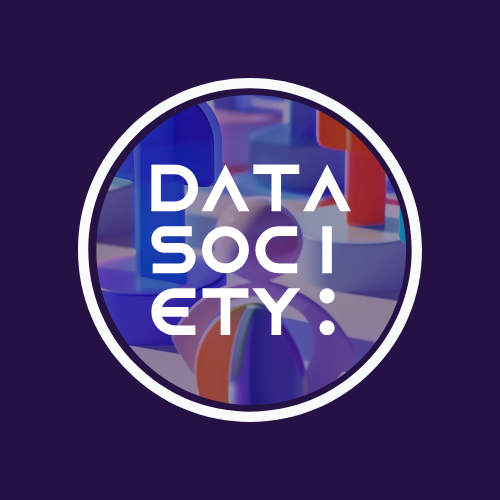Original article published in Inc.
In today’s workforce, employers emphasize training and reskilling opportunities as they look to retain talent. The modern professional learner requires a platform that prioritizes customization and communication, especially in a hybrid landscape, yet the current learning ecosystem is managed by legacy platforms that are not equipped to address these needs. To remain competitive, organizations must replace their legacy learning management systems in response to the growing demand to reskill hundreds of professionals with increasingly more technical skills.
According to a recent survey, only 40% of employees say their organization has provided the data skills necessary to do their jobs efficiently. This suggests that legacy learning platforms are not equipped to meet the growing requirements that modern learners expect. Therefore, a different approach is required to properly reskill professionals, one that addresses the importance of communications, collaboration, and community throughout the reskilling process and modernizes the creation and delivery of courses in the learner environment.
Understanding the existing platforms

I recently came across a helpful comparison of the main categories available in the industry today – Learning Management Systems (LMS) and Learning Experience Platforms (LXP). LMS platforms are designed to deliver formal training material and live virtual training. They allow administrators to assign and track highly structured training content and include features that will enable catalog management, content storage, progress monitoring, and scheduling. As you may have inferred from this description, LMS platforms are strikingly instructor-centric instead of learner-centric. Their rigid, non-modular tools make it difficult to establish a sense of community within learning and limit the opportunities for learners to drive and manage their own learning experiences both within and across courses.

